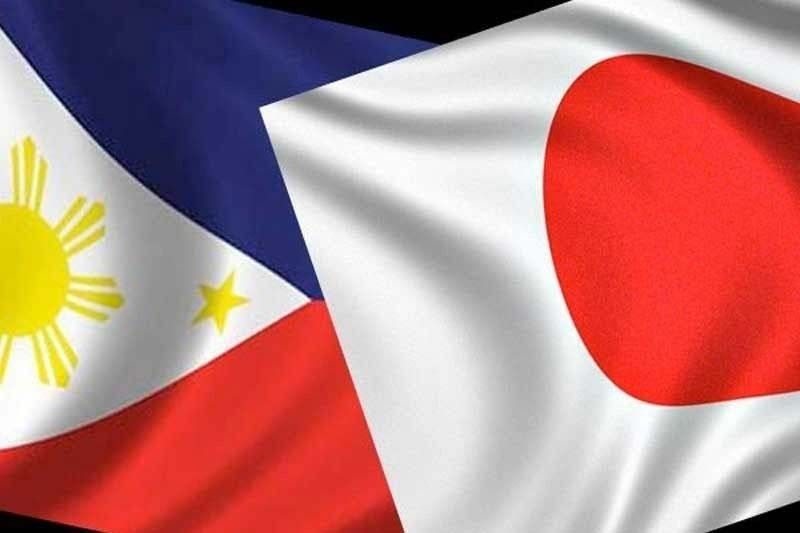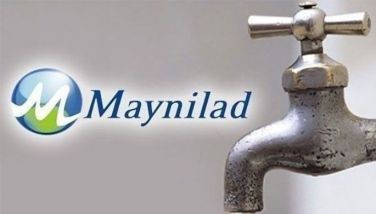New financing deals with Japan eyed

MANILA, Philippines — The Philippines will look into new financing frameworks, through private capital mobilization, with the Japanese government once the country achieves its goal of reaching upper-middle income status that would eventually limit its access to official development assistance (ODA).
This was among the topics discussed during the 14th Philippines-Japan High-Level Joint Committee Meeting on Infrastructure Development and Economic Cooperation with the special adviser to the prime minister of Japan, held in Tokyo.
Finance Secretary Benjamin Diokno led the Philippine delegation in its meeting with Special Advisor to the Prime Minister of Japan Mori Masafumi as well as representatives of the Japan International Cooperation Agency (JICA).
Diokno said the Japanese government gathered insights in terms of determining the assistance needs of the Philippines in pursuing the upper-middle income country (UMIC) status.
“We are grateful for Japan’s commitment to support the Philippines’ pursuit of the UMIC status through impactful ODA and private-sector investments,” Diokno said.
The Philippines is expected to reach UMIC status by 2025 instead of 2024 due to the economy’s sharp contraction in 2020 and the peso’s depreciation last year.
At present, the World Bank classifies the Philippines as a lower-middle income economy that has a gross national income (GNI) per capita between $1,086 and $4,255.
To reach the upper-middle income category, the Philippines should have a GNI per capita of between $4,256 and $13,205.
ODA will be reduced once the Philippines finally reaches the UMIC category.
Diokno said Japan and the Philippines discussed available financing options once the latter enters UMIC status by 2025.
“These include new frameworks, such as the ‘private capital mobilization-type’ grant that attracts investment and the ‘offer-type’ that proposes a menu of cooperation that takes advantage of Japan’s strengths,” Diokno said.
“Upon reaching UMIC status by 2025, we commit to capitalize on the two-year transition period and remain in close cooperation with the government of Japan,” he said.
According to the World Bank, mobilizing private capital has a critical role to play in filling the investment gap in every country.
This kind of framework secures financing from private sources, such as capital markets, institutional investors and businesses in order to mobilize the investments needed.
Further, Diokno said the Philippines would continue to secure concessional terms and conditions through JICA’s Special Terms for Economic Partnership (STEP).
This increases the visibility of Japanese ODA in recipient countries through best use of advanced technologies and know-how of Japanese firms.
Japan is the country’s largest ODA provider with $12.92 billion, or about 40.5 percent of the total ODA portfolio.
ODAs are either a loan or a grant administered to promote sustainable social and economic development and welfare among developing economies such as the Philippines.
ODA resources are contracted with governments of foreign countries with whom the Philippines has diplomatic, trade relations or bilateral agreements, or which are members of the United Nations, their agencies, and international or multilateral lending institutions.
For one, JICA, Japan’s bilateral aid agency, supports the implementation of 28 ongoing loans with the Philippines.
During the meeting, both countries also discussed infrastructure development, regional development, agriculture, information and communications technology, energy and environment, maritime safety, disaster risk management, development in Mindanao, as well as the facilitation of public-private partnership (PPP) opportunities.
Diokno and JICA senior vice president Nakazawa Keiichiro also formalized the Post Disaster Stand-by Loan Phase 3, which is a 30-billion yen financing to support swift recovery after natural disasters by promoting policy actions and strengthening disaster preparedness by providing quick-disbursing budget support.
- Latest
- Trending




























